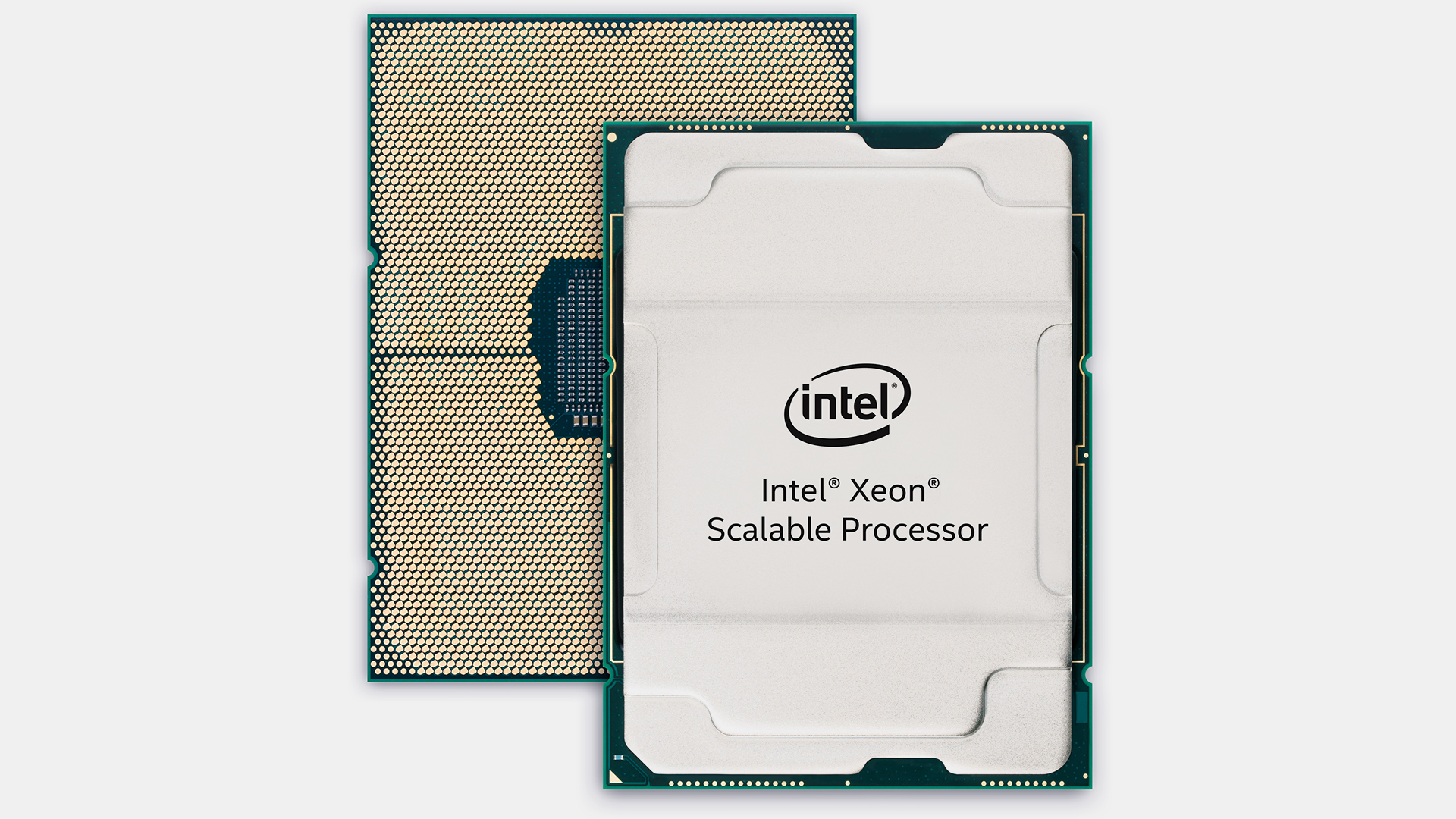Intel Readies Refresh for its 'Fishhawk Falls' HEDT Platform
Updating Intel's HEDT in prep for AMD's Threadripper 7000

Last year, Intel returned to high-end desktop market with its workstation-grade Xeon W-2400 and Xeon W-3400-series processors. The company naturally wants to stay on this market and apparently is preparing a refresh of its Fishhawk Falls platform, according to its own documents found by @Komachi_Ensaka.
For now, nothing particular is known about Intel's Fishhawk Falls Refresh platform, but it seems likely it will be based on the company's 5th Generation Xeon Scalable 'Emerald Rapids' processors, which will succeed Intel's Sapphire Rapids CPUs. It's logical to assume that the new processors will belong to Xeon W-2500 and Xeon W-3500-series.
The main intrigue is what exactly Intel's Fishhawk Falls Refresh platform will bring. It's reasonable to anticipate the new CPUs will feature higher number of cores as well as higher clocks, but exact specifications remain a mystery for now. Intel certainly needs a Fishhawk Falls Refresh to better compete against AMD's upcoming Ryzen Threadripper 7000-series processors, so expect Intel to do what it can to maximize performance.
Another intrigue regarding Fishhawk Falls Refresh platform is when exactly it is set to arrive. Given that Intel has already published a document describing new features introduced with Intel VROC 8.2.0.1985 release for Fishhawk Falls Refresh, we would assume that the new processors are set to hit the market rather sooner than later, though for now this is only a speculation.
If previous Intel HEDT processors are anything to go by, expect the company's Fishhawk Falls Refresh to feature unlocked multiplier and various knobs to tune performance.
Get Tom's Hardware's best news and in-depth reviews, straight to your inbox.

Anton Shilov is a contributing writer at Tom’s Hardware. Over the past couple of decades, he has covered everything from CPUs and GPUs to supercomputers and from modern process technologies and latest fab tools to high-tech industry trends.
-
emike09 Still rocking my X299 platform with an i9-10920X OC'd to 4.8GHz all core. Fantastic for my video projects and games like a champ. Though, it is starting to age. Been waiting for this refresh before I consider upgrading. It'd be nice to move on from PCI-e 3.0, particularly for storage. Consumer-grade platforms don't have enough PCI-e lanes for me. 6 NVMe drives, RTX 4090, a capture card, 10G networking card. Using all available 48 lanes at full speed.Reply -
Amdlova Reply
Don't be fooled for these pci4 or pci5 speed... pci 3.0 still rocking... you will spend tons of money for 3 4% improvements. Get a optane will be better in every aspects.emike09 said:Still rocking my X299 platform with an i9-10920X OC'd to 4.8GHz all core. Fantastic for my video projects and games like a champ. Though, it is starting to age. Been waiting for this refresh before I consider upgrading. It'd be nice to move on from PCI-e 3.0, particularly for storage. Consumer-grade platforms don't have enough PCI-e lanes for me. 6 NVMe drives, RTX 4090, a capture card, 10G networking card. Using all available 48 lanes at full speed. -
bit_user Reply
Sorry, don't agree. If you copy big files, PCIe 4.0 can be worthwhile. Not to mention that the last generation of Optane drives is PCIe 4.0, so...Amdlova said:Don't be fooled for these pci4 or pci5 speed... pci 3.0 still rocking... you will spend tons of money for 3 4% improvements. Get a optane will be better in every aspects.
Another argument for PCIe 4.0 is that you can have a PCIe 4.0 graphics card in one of your x16 slots of a regular desktop board. If you populate the other x16 slot, then they both drop to x8, but PCIe 4.0 x8 is still fast enough that you'll hardly notice the performance impact on most games and GPU-intensive apps. -
emike09 Reply
Not interested at all in PCIe-5, but I could certainly benefit from PCIe-4 speeds. Optane is cool, but Intel has abandoned it. It's also expensive, even used, for large capacity drives, and I benefit more from sequential read/write speed vs random, or insane IOPS.Amdlova said:Don't be fooled for these pci4 or pci5 speed... pci 3.0 still rocking... you will spend tons of money for 3 4% improvements. Get a optane will be better in every aspects.